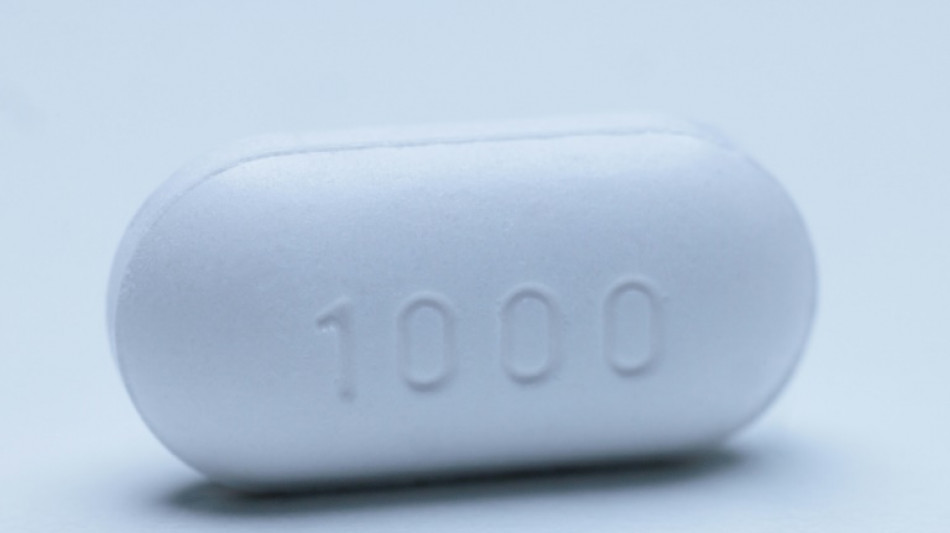
-
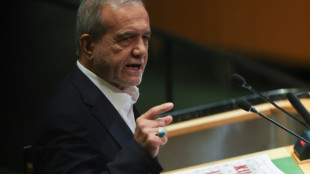 France, US tell Iran still chance to avoid nuclear sanctions
France, US tell Iran still chance to avoid nuclear sanctions
-
Big news: Annual eating contest roars to life in Fat Bear Week
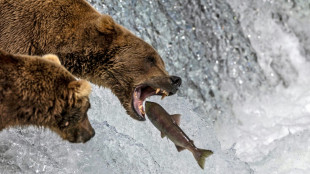
-
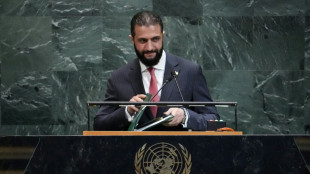 In UN debut, new Syria leader warns on Israel but backs dialogue
In UN debut, new Syria leader warns on Israel but backs dialogue
-
Malawi's ex-president Mutharika returns to power in crushing vote win

-
 Under-fire Brazil senators scrap immunity bid
Under-fire Brazil senators scrap immunity bid
-
Morikawa calls on US Ryder Cup fans 'to go crazy'

-
 India see off Bangladesh to book Asia Cup final spot
India see off Bangladesh to book Asia Cup final spot
-
Rubio calls for Russia to stop the 'killing' in Ukraine
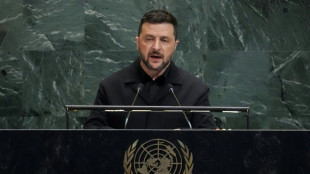
-
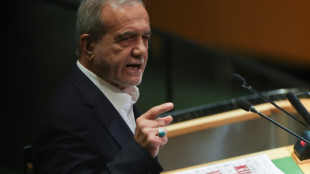 Macron tells Iran president only hours remain to avert nuclear sanctions
Macron tells Iran president only hours remain to avert nuclear sanctions
-
UN humanitarian chief slams impunity in face of Gaza 'horror'

-
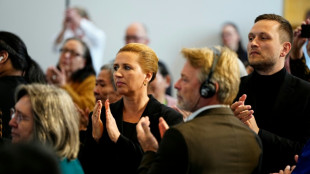 Danish PM apologises to victims of Greenland forced contraception
Danish PM apologises to victims of Greenland forced contraception
-
Planetary health check warns risk of 'destabilising' Earth systems
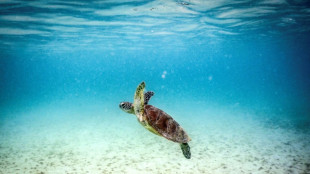
-
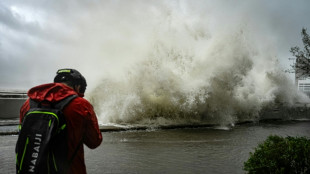 Typhoon Ragasa slams into south China after killing 14 in Taiwan
Typhoon Ragasa slams into south China after killing 14 in Taiwan
-
Monchi exit 'changes nothing' for Emery at Aston Villa

-
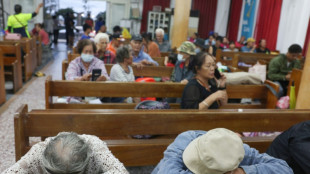 Taiwan lake flood victims spend second night in shelters
Taiwan lake flood victims spend second night in shelters
-
Europe ready for McIlroy taunts from rowdy US Ryder Cup fans
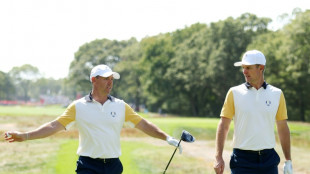
-
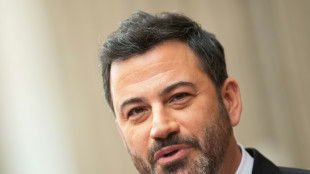 US comedian Kimmel calls Trump threats 'anti-American'
US comedian Kimmel calls Trump threats 'anti-American'
-
Australia win tense cycling mixed relay world title
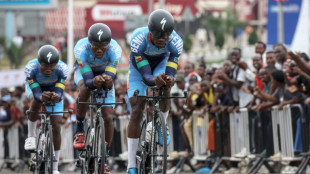
-
 Stokes will be battle-ready for Ashes, says England chief
Stokes will be battle-ready for Ashes, says England chief
-
Iran will never seek nuclear weapons, president tells UN
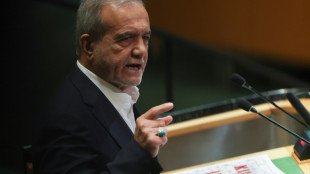
-
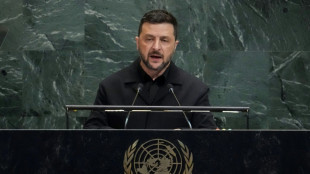 Zelensky says NATO membership not automatic protection, praises Trump after shift
Zelensky says NATO membership not automatic protection, praises Trump after shift
-
Becker regrets winning Wimbledon as a teenager

-
 'Mind-readers' Canada use headphones in Women's Rugby World Cup final prep
'Mind-readers' Canada use headphones in Women's Rugby World Cup final prep
-
Rose would welcome Trump on stage if Europe keeps Ryder Cup

-
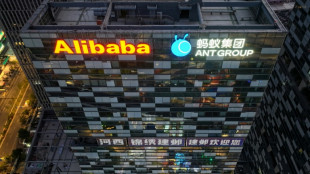 AI optimism cheers up markets following Fed rate warning
AI optimism cheers up markets following Fed rate warning
-
France doubles down on threat to build future fighter jet alone

-
 Delay warning issued to fans ahead of Trump's Ryder Cup visit
Delay warning issued to fans ahead of Trump's Ryder Cup visit
-
EU chief backs calls to keep children off social media
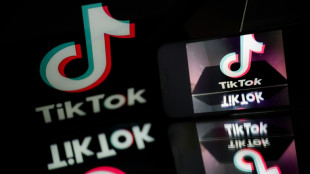
-
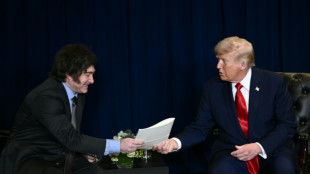 US Treasury says in talks to support Argentina's central bank
US Treasury says in talks to support Argentina's central bank
-
'Everything broken': Chinese residents in typhoon path assess damage
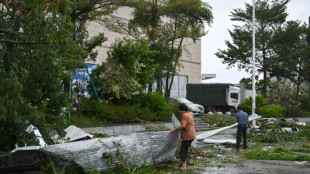
-
 Inside Barcelona's Camp Nou chaos: What is happening and why?
Inside Barcelona's Camp Nou chaos: What is happening and why?
-
UK police arrest man after European airports cyberattack

-
 Ballon d'Or disappointment will inspire Yamal: Barca coach Flick
Ballon d'Or disappointment will inspire Yamal: Barca coach Flick
-
French-German duo wins mega offshore wind energy project
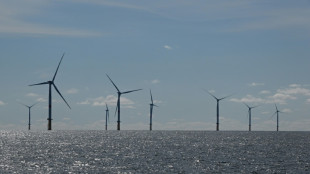
-
 Italy deploys frigate after drone 'attack' on Gaza aid flotilla
Italy deploys frigate after drone 'attack' on Gaza aid flotilla
-
Typhoon Ragasa slams into south China after killing 17 in Taiwan
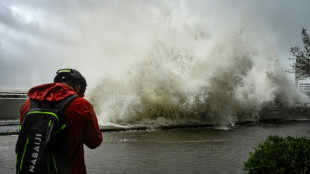
-
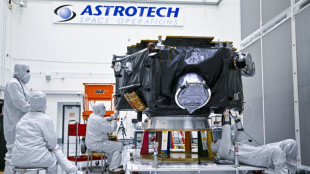 NASA launches mission to study space weather
NASA launches mission to study space weather
-
Stocks torn between Fed rate warning, AI optimism
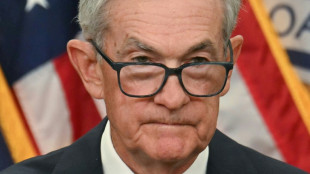
-
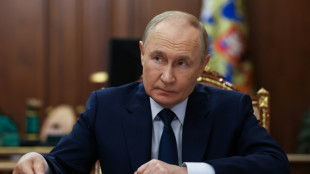 Russia vows to press offensive, rejects idea Ukraine can retake land
Russia vows to press offensive, rejects idea Ukraine can retake land
-
French consumer group seeks Perrier sales ban
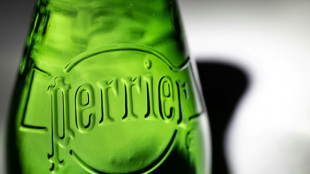
-
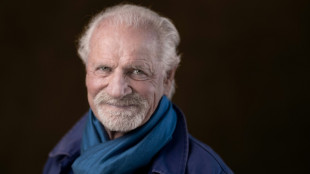 Photographer Arthus-Bertrand rejects image of 'fractured France'
Photographer Arthus-Bertrand rejects image of 'fractured France'
-
Gaza civil defence says dozens killed in Israeli strikes

-
 Pakistan's Shaheen sends Asia Cup warning as third India clash looms
Pakistan's Shaheen sends Asia Cup warning as third India clash looms
-
Amazon to shut checkout-free UK grocery shops
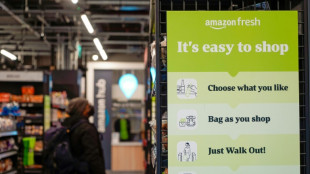
-
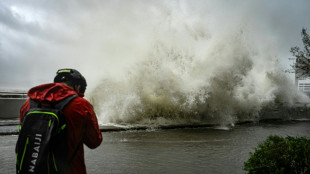 Typhoon Ragasa hits south China after killing 15 in Taiwan
Typhoon Ragasa hits south China after killing 15 in Taiwan
-
Russia vows to press on in Ukraine, rejects Trump jibe
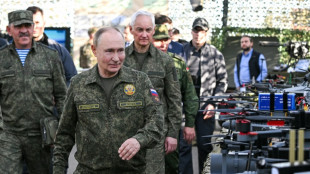
-
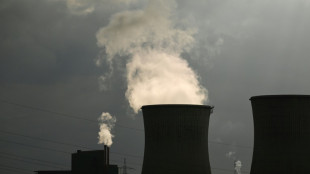 Germany's Merz rejects claims he is slowing green shift
Germany's Merz rejects claims he is slowing green shift
-
Sinner says 'changing a lot' after US Open loss to Alcaraz
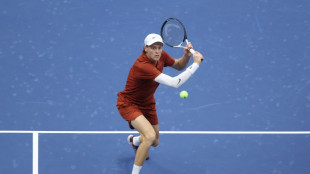
-
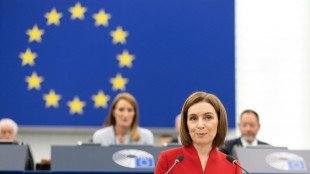 Russia-linked disinfo campaign targets Moldovan election
Russia-linked disinfo campaign targets Moldovan election
-
Danish PM to apologise to victims of Greenland forced contraception


E.coli can turn plastic into painkillers, chemists discover
Scientists have found a way to use the bacteria E.Coli to convert plastic waste into a popular painkiller, a study said Monday, though outside experts doubted the technique would make a dent in the fight against plastic pollution.
Paracetamol, which is one of the most commonly used drugs worldwide, is made from the derivatives of fossil fuels, often by Asia-based subcontractors using cheap, polluting methods that contribute to climate change.
The world is also facing an escalating crisis of plastic pollution, with countries set for another bruising round of negotiations in August in the hope of sealing an international treaty to reduce plastic waste.
The British team of researchers behind the new study sought to find a solution to the two problems by roping in a third -- E.coli, which is normally known for making people sick when they eat contaminated food.
First the chemists used a molecule derived from PET plastic, which is used in bottles and many other plastic products the world over, to spark a chemical reaction in a strain of E.coli.
This created a molecule they called PABA, according to the Nature Chemistry study, which was partly funded by drug firm AstraZeneca.
By genetically modifying the bacteria, the chemists were able to transform their molecule into acetaminophen, also known as paracetamol.
"This work demonstrates that PET plastic isn't just waste or a material destined to become more plastic -- it can be transformed by microorganisms into valuable new products, including those with potential for treating disease," lead study Stephen Wallace said in a statement.
Singaporean researchers not involved in the study praised how it combined synthetic and biological chemistry.
But "several practical considerations remain" to take this idea beyond the proof-of-concept stage, they wrote in a linked commentary in the journal Nature Chemistry.
The chemical reaction produces only a limited amount of PABA molecules, which "may be insufficient for industrial applications", they wrote.
Melissa Valliant, communications director of the Beyond Plastics project of Bennington College in the United States, expressed scepticism.
"A new 'plastic-eating bacteria' pops up in the news every few months and has been doing so for years," she told AFP.
"These discoveries never scale up to anything significant enough to tackle the massive plastic pollution problem."
This "crisis needs to be stopped at the source," she added, which means "companies and policymakers must reduce the amount of plastic being produced and used in the first place".
U.Maertens--VB
